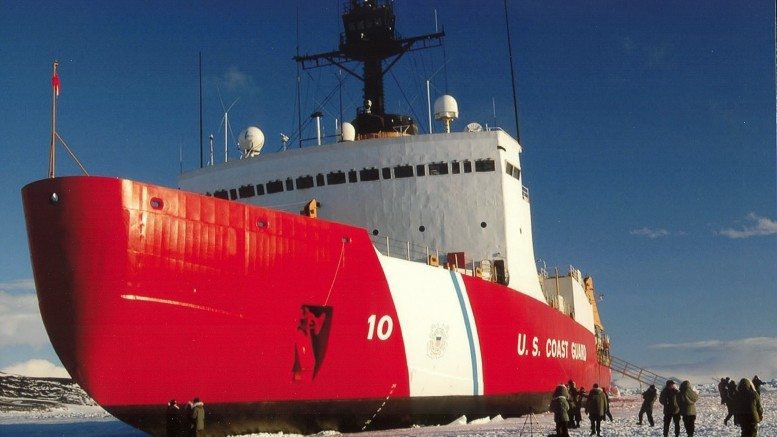|
Getting your Trinity Audio player ready... |
Download this post... Later this year, world leaders will come together for the United Nations to discuss how to save the planet from catastrophic climate change. New research out of the Woods Hole Oceanographic Institute gives them another metric to see exactly how much is at stake. A paperpublished in October predicts that the surface...









